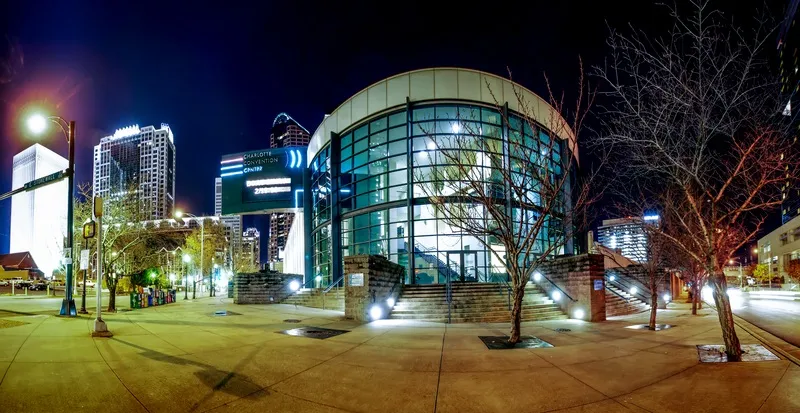
Waterfront Toronto has announced a further delay to whether the controversial Sidewalk Toronto smart city redevelopment project can go ahead, pushing it back to June.
“In view of the Covid-19 pandemic, today the Waterfront Toronto board of directors passed a motion to extend the date for a decision on moving forward with the Quayside project with Sidewalk Labs to June 25, 2020,” Waterfront Toronto said on a recent Twitter posting.
Waterfront Toronto, formed in 2001 and overseeing the Sidewalk Toronto project, is a partnership between the city of Toronto, province of Ontario and the federal Canadian government.
It is also working with Sidewalk Labs which has developed a masterplan for the work.
The redevelopment, planned since 2017, focuses on commercial and residential development of a nearly five-hectare disused area and former dockland fronting Lake Ontario.
Digital innovations range from sensor-activated heated pavement to prevent ice and snow build-up, pedestrian detectors at crosswalks and the inclusion of infrastructure for autonomous vehicles.
However, the project has drawn criticism civil rights and citizens groups over the involvement of Alphabet, the parent company of Google, in Sidewalk Labs.
Personal data of users of the area will be collected in some form and concern has been expressed about privacy issues.
A Block Sidewalk campaign has been launched by a group of citizens and the Canadian Civil Liberties Association said last year that it is considering some form of legal action against Waterfront Toronto.










